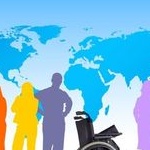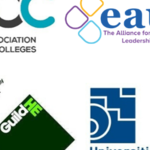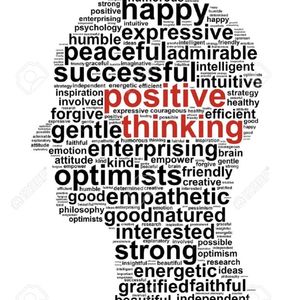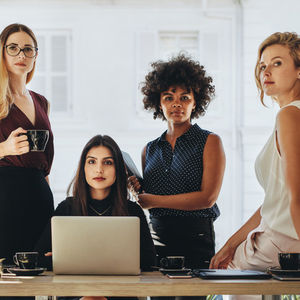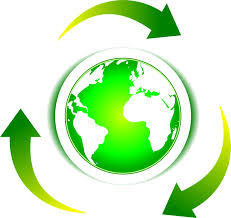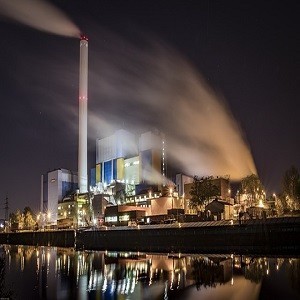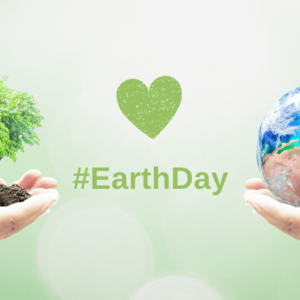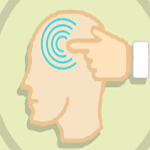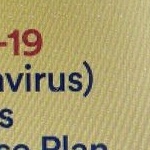Blogs
Welcome to the EAUC blog! You will find a mixture of articles by our educational members, strategic partners, company members, and of course, ourselves. The featured articles show what is happening across the sector.
Please be mindful that the views and opinions expressed here belong to the blog author therefore are not necessarily reflective of the views and opinions of the EAUC.
If you have an article you would like to submit, or would like the article specification, just email us.
The proportion of disabled[1] people is rising, and it is estimated that ONE billion people (15% of the population) is disabled according to the World report on disability (World Report on Disability, 2011). Disability is much more common in low and middle-income countries. There are many definitions of disability.
Sonya Peres, Climate Commission Officer for the Climate Commission for UK Higher and Further Education Students and Leaders talks about how institutions can and should respond to the Climate Crisis.
A disorder in reality might lead to an enduring desire for order in thoughts (Held, 2013:220). Since this pandemic is changing our reality as we have discussed in our first blog. We must seek a positive order in thoughts. The uncertainty in this disorder carries fear and unpredictability. While, it is evident that there is a diversity and heterogeneity in individual responses to uncertainty (Honkasalo, 2008:492) we shall try to conquer our fear and channel our motivation to positive thinking.
Earlier this year, I wrote about my journey in confronting the environmental and social impacts of air travel. I had been working on the Travel Better Package to support a reduction in flying in universities and colleges and had just returned from a two-week long Christmas holiday to Canada. I grappled with the shame I felt, mixed with the longing to see my family. I thought it could be useful to share the difficulties of an international life to support others in similar situations.
Starting a business can offer a lifeline for people living below the poverty line as they try to recover financially and mentally. However, the Covid-19 crisis is going to have a devastating impact on economies. The outbreak has brought countries’ economies to a halt and driven many victims to shut their business and seek loans to survive. If starting a business in the informal sector[1] was difficult before the coronavirus crisis, it will be far more difficult after the crisis. This is because many employees will be made redundant (if they are not already redundant) and some people (especially women) will look to start a new business to be able to survive.
Evidence shows that long-term exposure to air pollution is linked to the development of various diseases, including respiratory conditions such as lung cancer and asthma, and to an estimated 36,000 early deaths in the UK every year . Evidence based research also indicates a link between high levels of air pollutants and Covid-19 cases and deaths
Everyone has heard of recycling, but what about upcycling? Recycling is the process of turning waste into a reusable material or product. It involves taking common household items, such as paper, glass, and plastic, breaking down the materials, and using them to form another product that is often of lesser quality. Upcycling, on the other hand, is a very specific form of recycling that turns waste into a material or product that is of a higher quality.
During the lockdown period of the coronavirus pandemic we are all adapting to spending more time at home. I have at times felt anxious about my health, financial implications, and future stability of work. I am grateful that I am still able to leave home for essential purchases and participating in daily exercise, and when I do the nature that greets me outside becomes my sanctuary.
It is well established now that Covid-19 is very strongly linked to the loss of biodiversity that is caused by both businesses and individual human activity. In this short article, we introduce Energy from Waste (EfW) as a process of generating energy in the form of electricity and/or heat from the incineration of waste (Stringfellow, 2014). It could be termed ‘Renewable’ in the sense that waste is always in a constant process of replenishment from human activity.
‘I hope my Wi-Fi is up to the job’ ‘At least I won’t have to worry about making a packed lunch for a few weeks’ The first two thoughts that crossed my mind when I heard about the lockdown probably weren’t dis...
When my flatmate came home from work two months ago and told me that her office had begun to prepare staff to work from home, I was upset and anxious. I felt frightened that the virus, which didn't seem like a part of real life until then, had be...
When it became apparent we were going to need to lockdown to try and stop or at least slow this pandemic, I pulled my child out of nursery and started working from home. It made sense to get a head start on an inevitability, and try to lessen the ris...
Initially at the beginning of the lockdown my immediate thoughts were about our staff and ensuring they all had the means and abilities to work from home and supporting them through the transition. I was confident that we had the technical ability...
In what is undoubtedly a stressful time as I adjust to working from home and social distancing, I have also experienced an unexpected release and expansion of my immediate world. Since working from home, I've been able to explore and engage in act...
Sustainability is all about balancing social, economic and environmental needs, and as sustainability professionals this is an ethos that usually permeates our home lives as well as professional. It is an increasingly mainstreamed way of thinking &nd...
EAUC writes about Earth Day, the roles of universities and colleges in coming to the aid of our ailing planet, and how Covid-19 will impact our Earth moving forwards.
Around the globe, the current pandemic has imposed a new reality that revolves around phrases like: self-isolating, social distancing measures, Personal Protective Equipment (PPE), flattening the curve and underlying conditions.
As a result of Covid-19 pandemic, world leaders have followed World Health Organization (WHO) advice that social distancing is the solution to prevent the virus from spreading and to our allow National Health Services to save lives. To allow this to happen, businesses have been told to close their doors during the coronavirus outbreak. The question is: have businesses fulfilled their CSR duties?
Life has as we know it entered unprecedented times with the emergence of the Covid-19 virus. Worldwide, organisational operations and individual movements have been restricted, and in some countries these rules are enforced by the police. Governments have taken unprecedented measures to confine movement. The previous unthinkable measures have changed lives drastically but most are complying with the new rules, acknowledging the greater good is to minimise impact and retain health.
Sonya Peres in an intern with EAUC-Scotland who is currently carrying out a travel project with funding from the Responsible Universities Group Scotland. In this blog, she talks to Dr. Rachel Howell, a lecturer in Sociology/Sustainable Development at...

